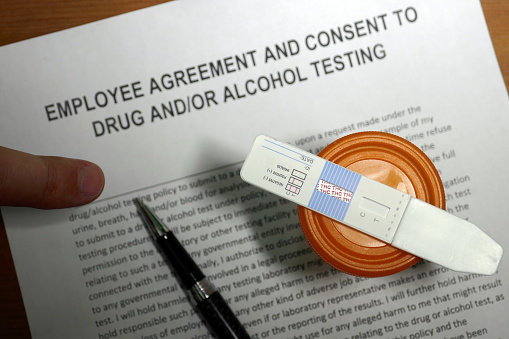The FBI indicates that an estimated 73.5 million people in the United States have a criminal record. A criminal record is defined as any person who has been arrested on a felony charge. Aside from felonies, there are also misdemeanors, which are less serious charges. If you or a loved one has a criminal record, you know how much this can impact the rest of your life. Depending on the charges and the state where you were convicted, an expungement may be possible. Since expunging felonies and misdemeanors are handled differently, it can be helpful to understand the differences between the two types of convictions. Keep reading to discover the differences between felony and misdemeanor expungements.
Felonies vs Misdemeanors
A felony is a serious offense with serious penalties. A person convicted with a felony may spend several years in jail and have various restrictions placed on them. Common felonies include grand larceny, kidnapping, and murder. On the other hand, a misdemeanor is a less serious offense compared to a felony. Common misdemeanors include disorderly conduct, possession of marijuana, prostitution, and vandalism.
What Is an Expungement?
Expungement refers to the legal process that a first time offender requests to have their criminal record sealed or destroyed. Expunge means to erase or remove. While legal expungements may seal a person’s past records, criminal background checks can still discover records of arrests and/or convictions of misdemeanors or felonies. For people trying to improve their lives, it makes sense why they want to expunge their records. For businesses, it’s understandable why they want to know about an applicant’s criminal past, which can help them determine if a person is the best fit for their business. It’s important to point out that expungement laws vary by state. In general, an individual must serve their sentence and wait a certain period of time before they can request a petition for expungement, if their conviction qualifies.
Expunging Felonies vs. Misdemeanors
When it comes to expungements, the type of conviction and where you live will determine what qualifies for a sealed record. In general, it’s more difficult to expunge felonies than misdemeanors. For example, violent crimes like murder and aggravated assault, as well as corruption of a minor, rape, and sexual battery do not qualify for expungements. Additionally, serious weapon charges are typically unlikely to qualify. However, if the individual is a first time convicted felon that wasn’t charged with a sex crime or a crime against a minor, their conviction can usually be expunged.
How Private Investigators Can Help
Private investigators can conduct criminal background checks to uncover an individual’s criminal past, even if it has been expunged. It’s important to remember that an expungement does not completely remove the person’s record. Instead, the record is sealed. If you apply for a job that requires an in-depth background check for a security clearance, it’s likely that the business or individual will be able to look at your sealed records. Any skilled PI will be able to uncover an individual’s troubled past, even with an expungement.
If you would like to know whether your record can be sealed, it’s recommended that you contact an expungement lawyer in your area. This is a complex legal process that requires a professional. Of course, if you would like to find out if an individual has had their record expunged, the best option is to hire a private investigator. A PI will be able to uncover whether a prospective employee, tenant, or even nanny has a criminal record. Contact PATRIOT Backgrounds and Investigations, the best Florida private investigators that handle everything from criminal background checks to fingerprinting and much more.












